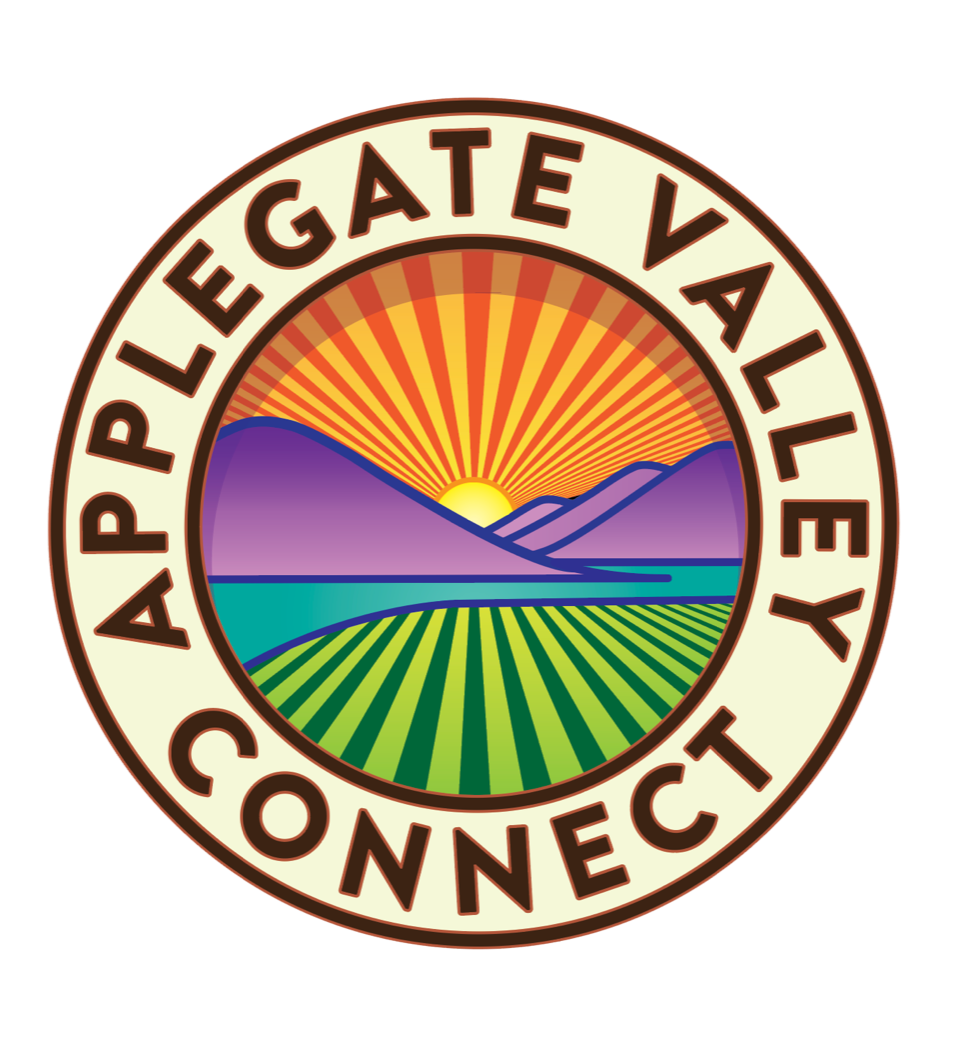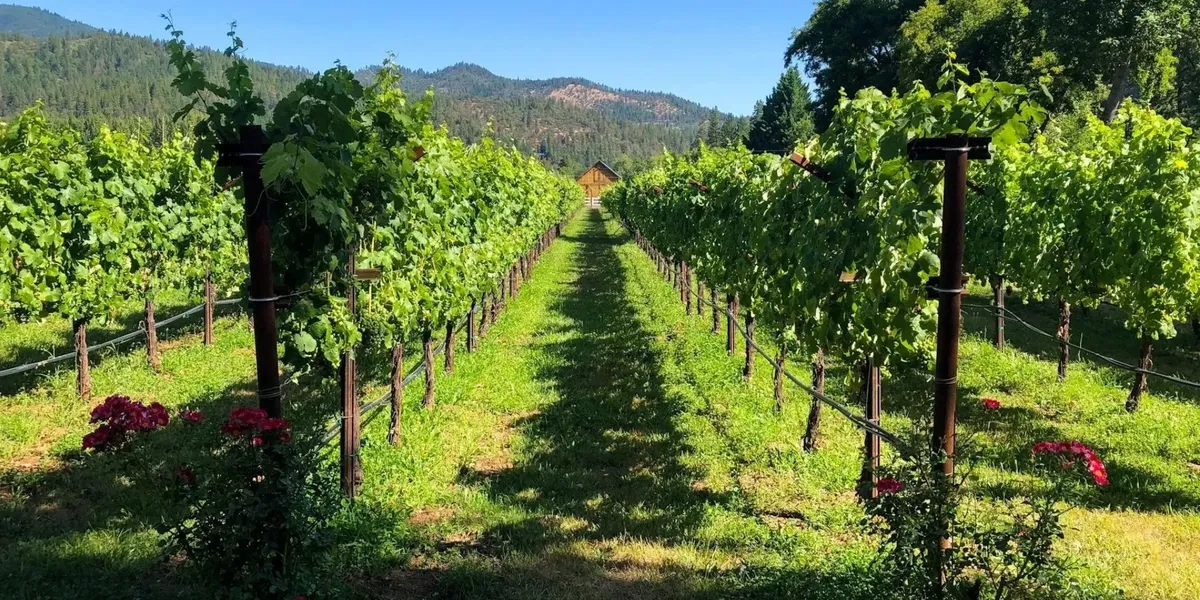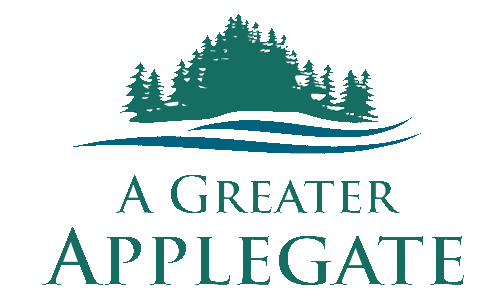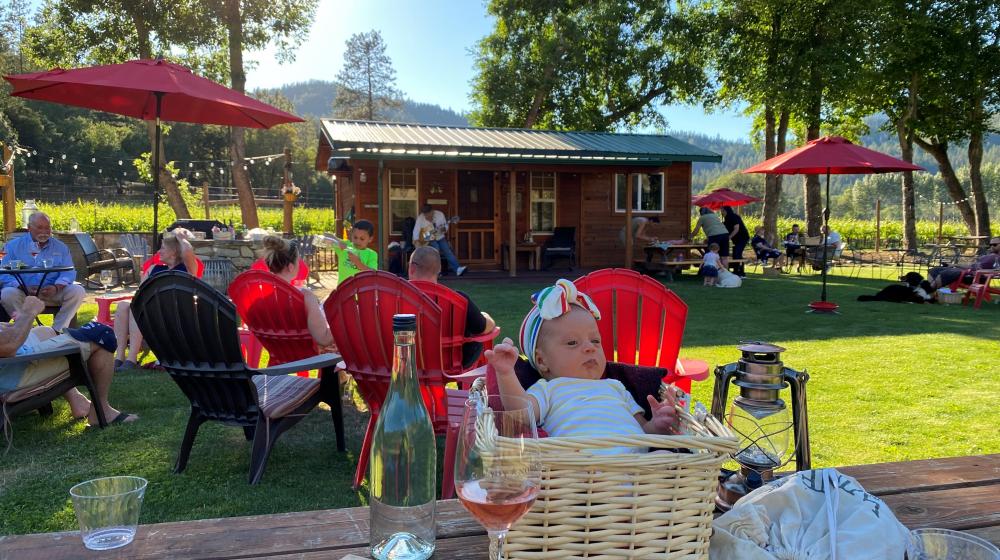
In early 2020, Rodgers attended a presentation on USDA’s Value Added Producer Grant, hosted by USDA RD Oregon Specialist Erika Moellmer. While she could easily see the program’s potential, Rogers was daunted by the process. After all, she had never applied for a USDA grant before, and more importantly, how would she find the time? Like so many rural community leaders, Rodgers wears many hats, and she had to consider her responsibilities to the boards of A Greater Applegate, Applegate Partnership & Watershed Council, and the Applegater Newsmagazine.
Then came March 2020. As with so many rural businesses, circumstances for Rivercrest Ranch changed almost overnight. As traffic dropped and other businesses shuttered, Rodgers decided to apply, not just for herself but for her employees. She anticipated a long process. What she hadn’t expected was the outpouring of community support.
“I reached out to past VAPG awardees,” Rodgers explained. “Even though they’re busy, everyone was so helpful and so generous with their time. Erika was available throughout the entire process. She was very supportive, very helpful. She really put a friendly face on the USDA.”
Among her fellow small business owners, Rodgers found not competition but collaboration, and what may have been daunting for one person became an exciting community effort. With assistance from RD Oregon’s Erika Moellmer, Rodgers was able to complete and submit a successful application, and September 2021, RiverCrest Ranch was awarded a Value Added Producer Grant for the launch and marketing of a new estate bottled private wine business.
“I don’t know who’s more excited,” Rodgers said, “me, my workers, or the community.”
Since then, Rivercrest has added two more employees and maintained operations throughout the pandemic. Rodgers has also seen a ripple effect from the grant. The new product launch has engaged and employed other community members like accountants, marketing consultants, and caterers. Local schools and assisted living facilities regularly schedule tours of the grounds. The VAPG awardees Rodgers met along the way are also eager to continue their cooperative partnerships.
“When you look at it, the real success of our communities is small business. All of us together make for a richer, more vibrant community,” Rodgers said. “This has made such a difference for RiverCrest Ranch, going from just an idea and a dream in the future to a reality and a dream realized, and I couldn’t have done it without the grant.”
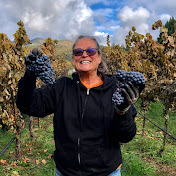
The application window for Value-Added Producer Grants is currently open. The deadline for electronic submissions is April 11, 2024. The deadline for paper applications is April 16, 2024.
For more information on and assistance with Value-Added Producer Grants or other USDA RD Business Programs, please contact (541) 278-8049 ext. 129 or email VAPG Specialist Erika Knight.
